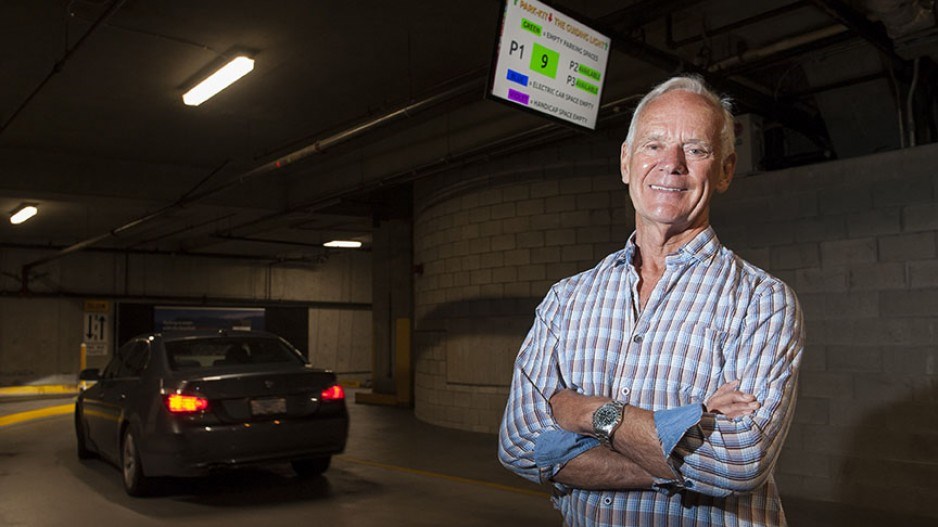Just because BC Hydro is a utilities company doesn’t mean the Crown corporation wants customers racking up large bills, according to smart meter program manager Ken Bell.
Facing a potential $8 billion price tag to fund the Site C Dam, BC Hydro has been pushing for smaller tech solutions to reduce power consumption throughout the province.
“That is the best form of managing electricity on our end as well because it ultimately means people are using less of our product, which is ultimately what we want to do so we don’t have to find new sources of generation,” Bell told Business in Vancouver.
And B.C. businesses have been quick to capitalize on the growing market for energy efficient technologies.
In 2011, B.C.’s clean-tech sector generated an estimated $2.5 billion in revenue, according to a KPMG report.
That’s a 57% increase from the $1.6 billion generated by the industry in 2008.
Meanwhile, 68% of the 202 B.C. firms surveyed were established in the past decade.
“The push to get more efficient has been going on … ever since Edison invented the incandescent lamp,” said Tony Holland, president of Burnaby’s Premier Lighting.
In July, Premier Lighting installed a newly patented lighting system in the underground parking garage of the Vancouver Public Library’s (VPL) main branch.
The integrated system uses motion sensors to guide vehicles to vacant stalls, while the LED lights turn on only when the sensors detect vehicles or pedestrians.
The lights are powered about 75% of the time, and BC Hydro estimated the project would reduce the library’s energy costs by about $31,000 a year.
Holland said the VPL launch was successful enough that the City of Vancouver requested estimates for another 20 parking garages.
Although Premier Lighting has been around for three decades, Rainforest Automation Inc. is among the clean-tech firms established in the past 10 years.
The North Vancouver company has developed household devices that wirelessly link up to smart meters to monitor energy consumption in real time.
“What people have seen for many years is their historical usage on their bill,” Rainforest president Chris Tumpach said. “It’s kind of like photo radar. You get a speeding ticket in the mail and you’re like, ‘Oh, wow. I guess I was speeding that day.’”
He added that real-time monitoring allows people to identify power-leaching appliances immediately and adjust consumption.
Rainforest began selling its products to utilities providers in Texas and California in 2009 but only entered the B.C. market this year.
Tumpach said because energy costs are so much higher in those two states, providers south of the border had more incentive to implement smart meter programs much sooner than in B.C.
But Rainforest and BC Hydro came to an agreement earlier this year whereby the utilities company would provide users with a rebate on the devices.
Tumpach said many of the providers in the U.S., where about 95% of Rainforest’s clients are, provide the devices to customers for free.
No matter the arrangement, he said Rainforest is benefiting directly from incentives utilities companies are pushing on customers.




